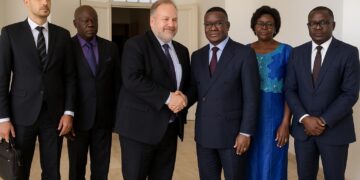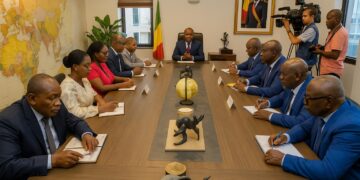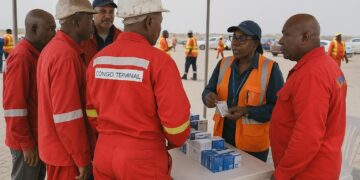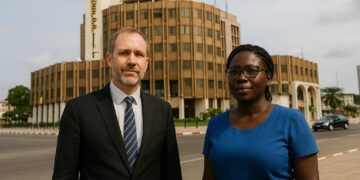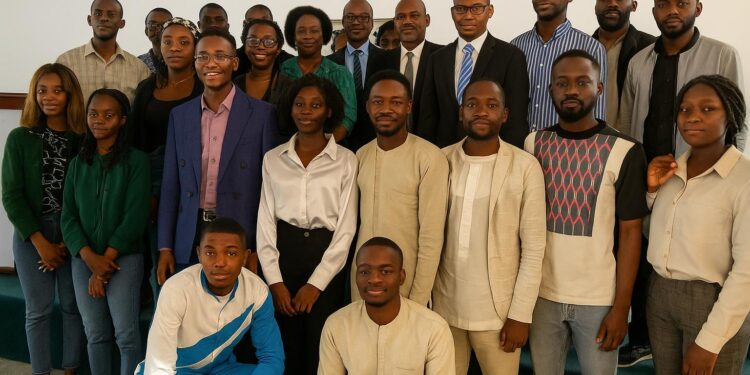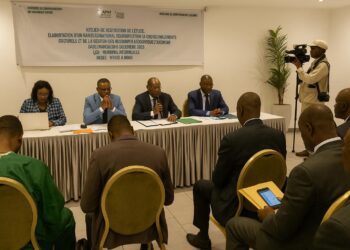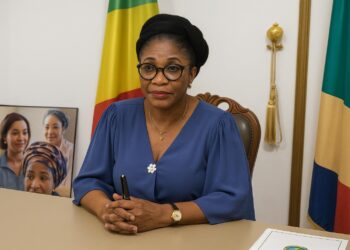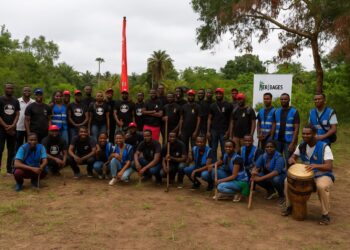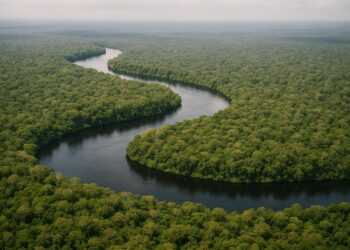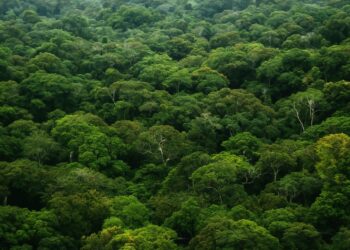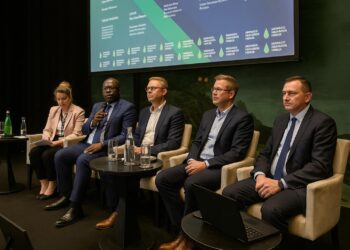Youth workshop kicks off COP30 preparation
In mid-October, a coalition of youth-led environmental groups convened in Brazzaville for an intensive workshop on international climate negotiations and finance, the first of its kind ahead of COP30 in Belém. The programme reflects a growing determination to move from slogans to technically sound bargaining positions.
According to Espanich Motondo, president of the Young Ecologists and main architect of the session, accreditation alone is not enough; without technical fluency ‘we would risk turning the trip into sightseeing’. His remark captured a pragmatic mood inside the training room at the Brazzaville digital campus.
Significance of youth climate diplomacy for Congo-Brazzaville
Youth delegates now occupy formal observer seats within the UNFCCC process, giving them direct access to negotiation huddles where draft text on forests, adaptation or loss-and-damage can pivot within hours. Well-briefed young negotiators can therefore safeguard Congo’s national contributions while articulating social priorities such as jobs and skills.
For Brazzaville policy planners, integrating youth voices also bolsters the credibility of the nationally determined contribution submitted in 2022, which targets a 32 percent emissions reduction by 2030. Aligning grassroots enthusiasm with state positions helps demonstrate domestic ownership to donors evaluating grant or concessional-loan applications.
Unlocking climate finance opportunities
Discussions during the workshop analysed flagship instruments such as the Green Climate Fund, the Adaptation Fund and emerging loss-and-damage windows. Speakers highlighted that Congo-Brazzaville has approved only three GCF projects to date, a modest tally compared with regional peers, underscoring the need for sharper proposal writing and lobbying.
The Paris Summit on a New Global Financing Pact in June 2023 set the tone for reforms, including automatic climate clauses in sovereign debt and scaled-up concessional capital for forest nations. Participants were encouraged to monitor these discussions because text agreed in Belém could unlock bilateral envelopes for Congo.
Leveraging the Congo Basin’s natural capital
Congo’s 22 million-hectare rainforest and vast Cuvette Centrale peatlands hold one of the world’s largest carbon stocks. Government agencies have already piloted jurisdictional REDD+ schemes and are drafting a sovereign carbon-credit framework that could blend voluntary-market revenue with results-based payments from multilateral funds.
Policy analysts note that a clear benefit-sharing mechanism will be essential to gain community trust and certification bodies’ approval. Empowering trained youth as field facilitators, data verifiers or grievance officers could accelerate that process while creating green employment in rural departments where options remain limited.
Recent mapping by the Central African Forest Initiative suggests Congo could generate up to eight million tons of verified emissions reductions annually by 2030 if current deforestation rates continue to decline. At prevailing voluntary-market prices, that output represents roughly 120 million dollars in potential yearly receipts.
Building a domestic talent pipeline for green jobs
Beyond negotiation rooms, the workshop introduced what Mwasi Green president Espoir Stine Lamy Somboko called ‘an alphabet of emerging professions’, ranging from carbon-project managers to ecological-service certifiers. Attendees practised drafting baseline scenarios and calculating additionality, exercises rarely offered in mainstream university curricula.
Congo’s Ministry of Technical and Vocational Training has signalled interest in integrating such modules into forthcoming competence-based programmes. If endorsed, the measure would align with regional plans under the Economic Community of Central African States to harmonise green-skills certificates, thereby facilitating cross-border mobility.
Financing the training agenda
The inaugural session relied on personal contributions from organisers, a model considered unsustainable as demand grows. Facilitators are now courting domestic banks, oil companies engaged in decarbonisation strategies and development partners for sponsorships that could cover venue, connectivity, simulation software and travel stipends for out-of-town youths.
Officials from the Ministry of Economy and Finance who attended the closing ceremony indicated that capacity-building lines in the 2024 budget are being reviewed. While no figure was disclosed, participants viewed the signal as encouraging evidence that green human capital is climbing the fiscal priority ladder.
Road to Belém and long-term vision
COP30, scheduled for 10–21 November 2025, will coincide with the first global stock-take of Paris Agreement commitments, heightening stakes for forest states. The Brazzaville cohort plans to arrive in Belém with position papers on Article 6, adaptation metrics and just-transition finance, all vetted by national focal points.
Looking beyond the summit, organisers envision an annual Climate Leadership Academy that would feed graduates into ministries, consultancies and conservation projects. ‘If we build an ecosystem of experts now, Congo can position itself as a service hub for the wider Congo Basin,’ Motondo argued during the final debrief.
Central African regional cooperation
Congo’s youth initiative is already inspiring counterparts in Gabon, Cameroon and the Central African Republic. Virtual exchanges are planned to harmonise talking points on ecosystem connectivity, transboundary carbon accounting and shipping emissions along the Ouesso-Douala corridor. A united front could strengthen bargaining power within the Africa Group.
Regional think-tanks such as the Network of African National Climate Negotiators are advising the coalition to link its proposals to the African Union Climate Strategy slated for endorsement in early 2024. That alignment would facilitate access to the continent-wide Adaptation Acceleration Programme championed by the African Development Bank.







